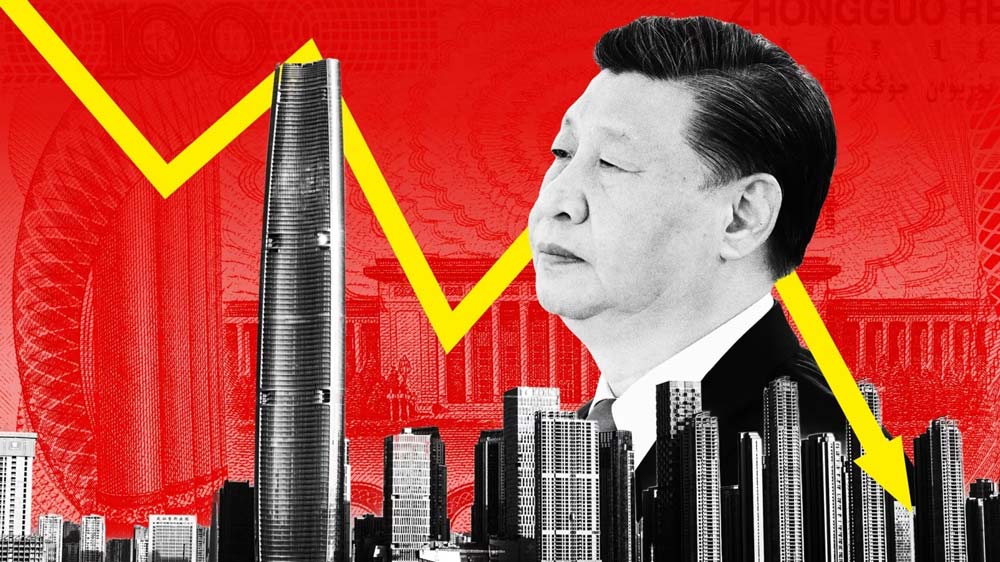China’s consumer price index (CPI) entered negative territory in February, marking the first deflationary reading in 13 months, according to new data released by the National Bureau of Statistics. The CPI dropped by 0.7% year-over-year, reversing a 0.5% increase seen in January. This decline exceeded expectations, as economists had forecasted a smaller contraction of 0.5%, based on a Reuters poll.
On a monthly basis, the CPI fell by 0.2% in February, contrasting with a 0.7% rise in January. This marks a sharp downturn in consumer prices, driven primarily by falling costs in food, tobacco, and alcohol.
Economic Challenges Amid Slowing Growth
The deflationary trend comes as Beijing grapples with a slowing economic recovery. Investors are paying close attention to whether the government’s stimulus measures can successfully stabilize growth. Earlier this week, China set a GDP growth target of “around 5%” for 2025, a figure economists believe may be difficult to achieve given weak domestic consumption and ongoing external pressures.
To further address economic uncertainties, Beijing revised its annual consumer price inflation target to “around 2%,” the lowest level in over two decades. This target is intended to serve as a ceiling rather than a goal for inflation.
Trade Tensions Adding Pressure
Adding to China’s economic hurdles, an escalating trade dispute with the United States under President Donald Trump’s administration has introduced additional headwinds. These tensions have weighed on export performance and complicated China’s path to recovery.
Stimulus Measures in Focus
To counteract these challenges, Beijing has been rolling out efforts to bolster domestic demand, including targeted stimulus measures. However, the latest CPI data underscores the difficulty of reviving consumer spending in a sluggish economic environment.
Economists are concerned that deflationary pressures could further dampen economic activity. Falling prices may discourage spending and investment, creating a cycle of weaker demand and slower growth.











